Are You An ISFJ Or an INFJ? Clarifying A Common Mistype
As an MBTI® practitioner I see a lot of mistyped people on a regular basis. Every day I talk to people who just couldn’t identify with their type because they had gotten the wrong result when taking a free online test. The INFJ type result is one of the most common mistypes I come across; I’ve found that usually, about 80% of the people who type as INFJs online are actually ISFJs, INFPs, or ISFPs. So in an effort to help you find your true type (because both types are AMAZING!), I decided to write this article with some pointers and tips. I hope this helps!
Not sure what your personality type is? Take our new personality questionnaire here. Or you can take the official MBTI® here.
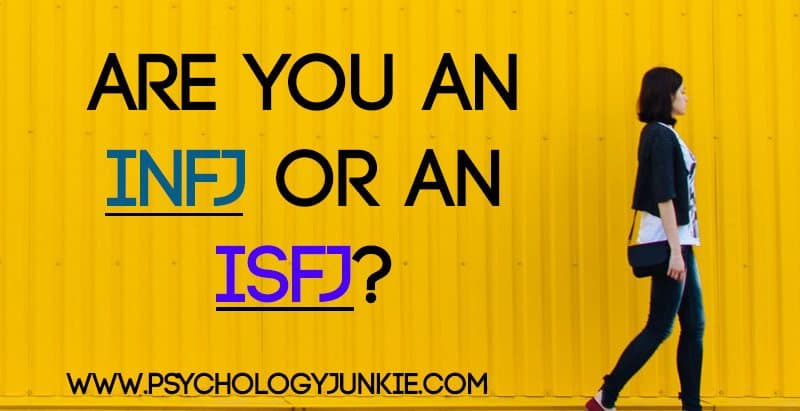
ISFJ vs INFJ! Which One Are You?
First, let’s look at the dominant function. ISFJs lead with Introverted Sensing (Si) and INFJs lead with Introverted Intuition (Ni). Now there are a lot of misconceptions about both of these cognitive functions so I’m going to start by going over some similarities. Both ISFJs and INFJs enjoy time alone to contemplate and go over ideas in their minds. They both enjoy peace and quiet and can get easily over-stimulated by sensory commotion and noise. They both tend to be better at focusing on one task or project at a time than jumping from one project to another (multi-tasking can be hard for both types). Because ISFJs and INFJs both lead with a perceiving function, they both like to analyze and ponder before expressing their opinions.
But how do I know whether I use Introverted Sensing or Introverted Intuition?
Think about how you make decisions. Do you like to look at what’s worked for you in the past and your personal experience? Do you trust “tried and true” methods and find yourself using repeated techniques and methods more frequently? Introverted sensing types are very focused on proven facts and techniques. They like to analyze information and retain what has been proven or affirmed by personal experience. Theoretical data can make them feel uncomfortable because it isn’t proven yet and it has no application in their day to day life. ISFJs are less likely to move forward on a decision based on a “hunch” or flash of insight.
How the ISFJ Plans For the Future:
- They take in past data and personal experience
- They compare current data to past data to see if events are likely to follow the same pattern
- They re-examine to see if any important details are missing
- They plan accordingly.
If what I just described didn’t seem relatable to you, then let’s try another method. Are you guided by an inner vision or “hunch” about how things will likely unfold? Do you look to conscious as well as unconscious material to guide you? Does the “tried and true” method seem unappealing to you? Introverted intuitive types are drawn by an inner idea or vision of the future. They take in a ton of information, some of it proven and some of it very abstract, and they tinker with it in their minds. Over time this “tinkering” results in an “aha!” moment where out of the blue a kind of plan or strategy unveils itself. INFJs are more likely to be blurry on the details of personal experience and more drawn to new, theoretical avenues of thought and potential. They are less likely to move forward on a decision in the same way they did in the past.
How the INFJ Plans For the Future:
- They take in unconscious and conscious data (unconscious meaning theoretical, symbolic, or archetypal information)
- Data simmers in their mind, while they toy with possibilities and different perspectives
- The INFJ lives their life while information and data continues to build and simmer in the background
- “Aha!” moment of realization or insight into what should happen.
NOTE: Not every single decision an INFJ makes results from a hunch or “aha!” moment. However, their process is generally much less sequential and straightforward than the introverted sensing process. It generally takes time for data to “simmer” and usually when the INFJ gets their plan or idea they can’t instantly relay exactly how they came to that conclusion.
““Introverted intuition perceives all the background processes of consciousness with almost the same distinctness as extraverted sensation registers external objects. For intuition, therefore, unconscious images acquire the dignity of things.”
– Carl Jung, Psychological Types
Do You Like Routine?
ISFJs feel more at peace when they have a routine and know what to expect from day to day. INFJs are more discontented with routine. Isabel Briggs-Myers says of INFJs that they “are more interested in pioneering a new road than in anything to be found along the beaten path.” Familiar, repetitive routines drive INFJs crazy, while they tend to comfort ISFJs.
What Gets You In the “Zone”?
According to neuroscience expert Dario Nardi, ISFJs enter a “flow-like” mental state when they envision the past and remember details from an enjoyable past experience. A flow state occurs when all brain regions are synchronized and high amplitude. This means that all regions are engaged and working together in a consistent manner. For ISFJs, remembering details from the past or re-visiting favorite experiences from the past helps them enter this state. ISFJs can be nostalgic about favorite pastimes and traditions from their life as a result. They may enjoy listening to songs they enjoyed as a child or teenager, or they may try to commemorate every moment with photos so they can look back and remember every detail explicitly. At the same time, ISFJs can become extremely embarrassed when they recall a shameful memory from their past. They may find themselves in bed at night suddenly remembering something they did ten years ago that they now realize was embarrassing and feel intense shame over it.
INFJs are quite different in what allows them to enter a “flow” state. INFJs enter this state when they are asked to tackle an unfamiliar, novel problem or they are tasked to envision the future. Where the ISFJ enters flow when tasked to envision a favorable memory from the past in detail, the INFJ enters flow when tasked to envision life ten years from now in as much detail as possible and predicting what will happen. They like to close their eyes and simply imagine/envision/divine how events will unfold down to the tiniest detail. They are less likely to be nostalgic (although they can be from time-to-time) and are less likely to re-play past experiences with the same accuracy that ISFJs do.
Check out Dario Nardi’s book, Neuroscience of Personality: Brain Savvy Insights for All Types of People
Auxiliary and Tertiary Similarities
INFJs and ISFJs share the same auxiliary function; Extraverted Feeling. As a result, if they are healthy, they both tend to be polite, compassionate, and focused on maintaining morale in their environment. They greatly desire harmony and want to make people feel at ease in their presence. They also tend to be very empathetic individuals.
INFJs and ISFJs also have the same tertiary function; Introverted Thinking. This means that occasionally when they are relaxed they enjoy solving brain teasers, playing games like Sudoku, or analyzing and gathering information about their interests. They also tend to have a fairly strong grasp of logic, even if they give priority to their values and the needs of others.
INFJs and ISFJs both make decisions in much the same way. Internally they’ll gather as much information as possible (either through sensing or intuition) and they’ll also try to decide what makes the most logical sense (through introverted thinking). However, when they interact with others they will give precedence to what will maintain harmony and what will coincide with their values. For example, an IXFJ supervisor might know that an employee isn’t pulling their weight, but they may opt to give the employee a second (or third, or fourth) chance to redeem themselves so that they can maintain harmony in their environment and meet that employees needs.
What Makes You Insecure?
INFJs and ISFJs tend to get very insecure about different things. Because the ISFJ has inferior Extraverted Intuition (Ne), they are often insecure about “unknowns” and uncertainties. They may worry about safety concerns, the future, changes, and unpredictable situations. When they are extremely stressed they may fall into the grip of their inferior function and catastrophize about endless negative possibilities. ISFJs will generally feel insecure when asked to make theoretical projections into the future or to think “outside the box”. This doesn’t mean they are incapable of thinking outside the box; in fact, occasionally (especially as they get older and mature) they may enjoy innovating, but especially early in life they feel better knowing what is expected of them and following a pre-ordained, trusted set of rules in sequential order.
INFJs have inferior Extraverted Sensing (Se). Because of this, they are often insecure about taking concrete action and responding to sudden changes in their environment. They may feel concerned about driving in an unfamiliar neighborhood, participating in sports, or making an improvisational speech at the last minute. They may feel somewhat unsteady when having to focus entirely on the environment and reacting quickly. When INFJs are extremely stressed they may fall into the grip of their inferior function. When this happens, they can become suddenly impulsive, reckless, and/or obsessed with their outer environment. They may drink too much, eat too much, over-clean, over-exercise, or take impulsive physical risks (like bungee jumping or speed racing).
So what areas are you more insecure about? The unknown theoretical future, or responding in-the-moment to environmental changes? When you’re extremely stressed are you more of a “catastrophizer” or a “reckless indulger”?
Want a comprehensive guide to the INFJ personality type? Check out my eBook, The INFJ – Understanding the Mystic.
I Hope This Helps!
Discovering your true type can be confusing and overwhelming sometimes! There are so many tests out there that are worded in such a way as to “coerce” a certain type out of people. If you have any questions, please feel free to leave them in the comments! I’d love to talk with you, and other readers may have suggestions as well!
Find out more about your personality type in our eBooks, Discovering You: Unlocking the Power of Personality Type, The INFJ – Understanding the Mystic, and The INFP – Understanding the Dreamer. You can also connect with me via Facebook, Instagram, or Twitter!
More Posts You Might Enjoy!
Are You An INFP Or An INFJ? Clarifying A Common Mistype
The Childhood Struggles of Every Myers-Briggs® Personality Type
How You Use Your Brain Based on Your Myers-Briggs® Personality Type
Get Your Free INFJ eBook
As a thank you for subscribing to my newsletter I will send you this free eBook PACKED with self-care tips, creativity hacks, and more! You'll also get a 3-day email course for understanding your personality type better!


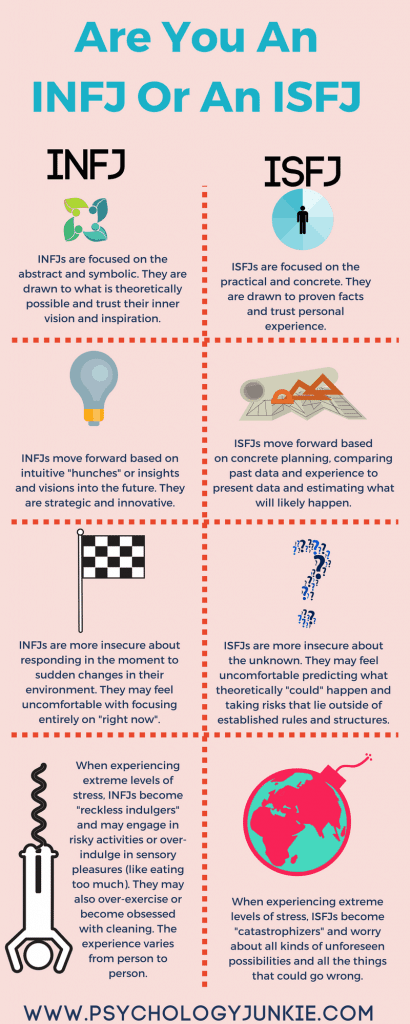
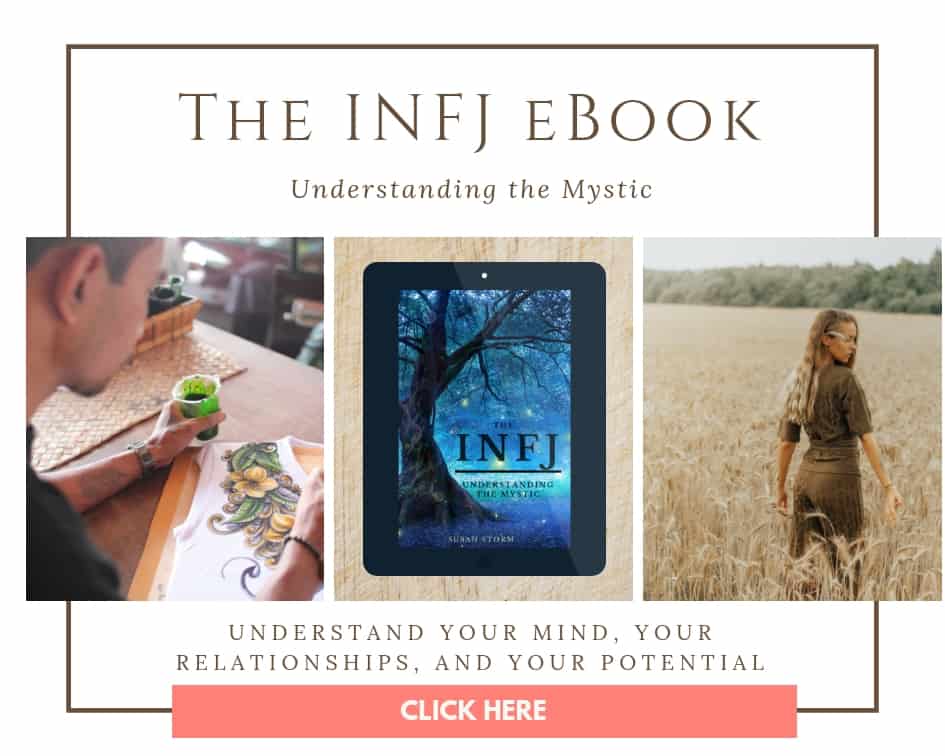
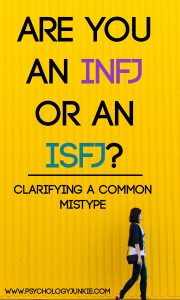
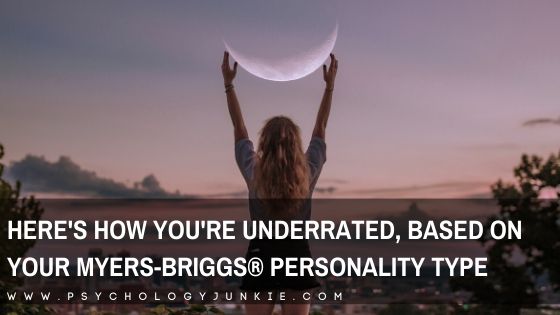

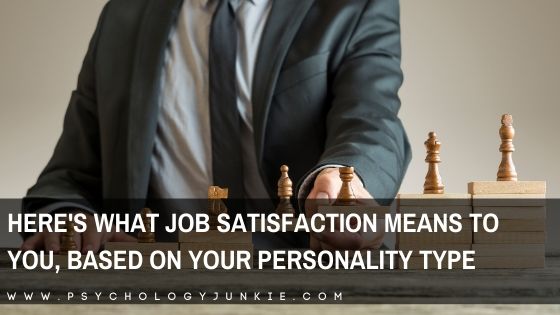

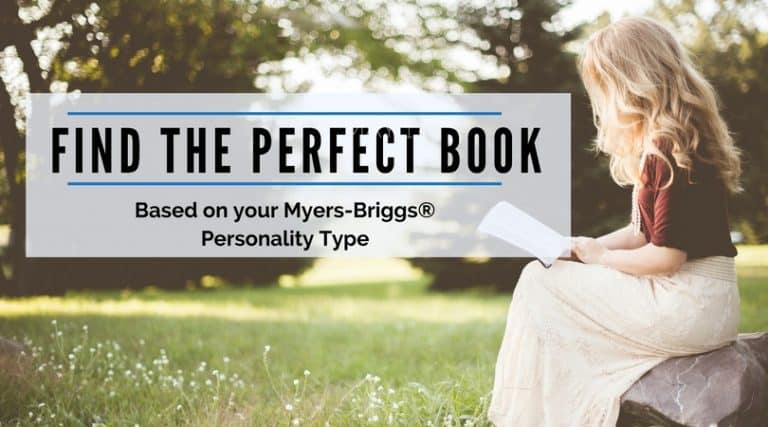
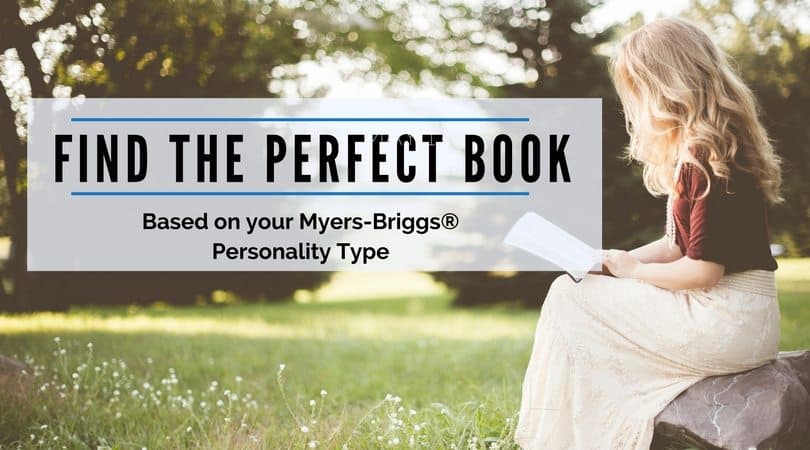
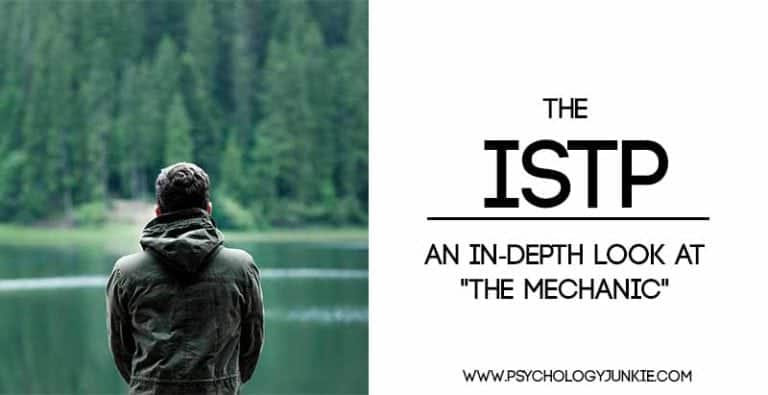
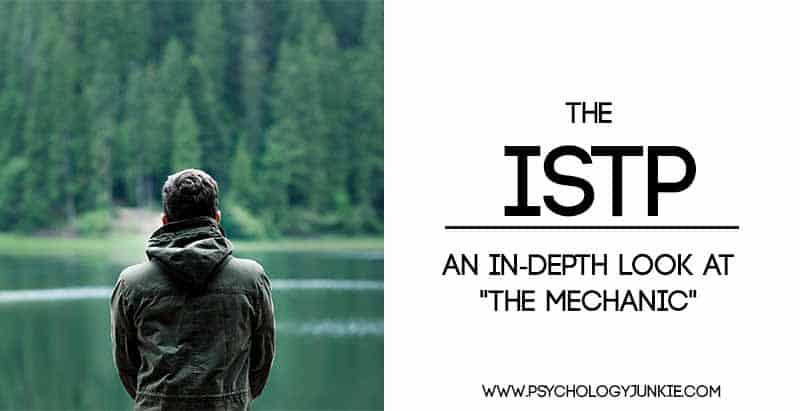
To be honest even after reading this, I’m still not sure whether I’m ISFJ or INFJ. Over the years I feel that I have wavered between the two due to my environment and life experiences. I feel because I’m still developing, I’m both.
I’ve often tested as an INFJ , and even the lists regarding what INFJ’s like and don’t like are very accurate for me. I was hoping for some clarity here, but unfortunately, I am even more confused. I tend to be nostalgic, but I also don’t like sudden changes in my environment. I tend to catastrophize, but I also binge eat when stressed. I think I’ll just stick with my INFJ type, but thank you so much for this comparison, just the same.
Same!
We have to find out what we do more.
There are so many accurate articles out there about INFJs that if you’re one, you will recognise yourself really easy..
And try reading also about their dark sides.
I as an INFJ, if I don’t get too much sleep, I drink too much coffee and someone pushes my buttons way too many times, I will transform into an ESTJ (shadow function). I will become their worst fucking enemy that they wish they never met. EVER. Our door slams are legendary.
When I was younger, I made my ex Operations Manager cry on her birthday while I was still one of her team leaders.
I don’t like manipulators! Period.
Thank you for this article. I read it because i feel like i am both ISFJ and INFJ. Very confusing for me, i wonder whether this is a common phenomonon, having both types
It is very common for people to relate to more than one type 🙂 The goal is to figure out which one is MORE you and more natural. Were you able to decide on one yet? Thanks for the comment!
Im trying to figure me out- and sometimes i can be one and then the next time the other, i listen to my gut but then get confused. I like rules and plans but hate black and white… And often push for the grey area… Im confused and when im stressed im more confused and try to do both. How do i get rid of this anxiety – the fear of making the wrong choice.
I feel exactly the same way. I’ll read one section and be like well that clear some it up, and the next thing I read make sure me think I’m the other type.
I’ve crossed INFJ more, but also ISFJ and INFP , I feel when I am highly stressed those past experience hit back in me , but in people perspective, I am more the type of “a new book, a new read, maybe based on some theoretical things. The P, sometimes I can, but feel more like the type, what I see and hear and how the one act. Also, I don’t know how it is with the others, but I am less in verbal contact but can explain me more in written text, and have a slow information processing.
I was first typed as an ISFJ when I took the official MBTI at the beginning of my Master’s program (this was several years ago). While there are things I definitely relate to within that type, I never really got much out of it and dismissed MBTI as not very insightful. I recently took the Personality Hacker test and got INFJ, and really felt a more natural connection to that type. I actually felt like MBTI could be a tool to better understanding how I “tick”, and it has already been really helpful. I think the Personality Hacker test was the first time I had answered the questions honestly, not according to what I thought I “should” answer.
Anyways, I’ve been getting your emails and they’re been so insightful. Thank you!
After reading this I reaffirmed that I am an INFJ. I do have some ISFJ in me at times but INFJ is pronounced in me. Great article to distinguish between the two.
Thank you!! I’m glad the article provided you with some clarity! 🙂
I also feel a bit like both. I’ve taken the paid for paper test and got INFJ but the scale or percentage was just a bit higher for N than S. I haven’t seen this percentage mentioned anywhere online. I also got INFJ taking the online test. I do feel more naturally an INFJ as I see the big picture and make predictions that come true (gut feelings) but definitely feel uncomfortable with insecurity about the future at times and I’m nostalgic. I think that two people with the same type will still have differences.
I think an INFJ with moderate to extreme anxiety and a lot of self doubt can come across like an unhealthy ISFJ in a sense. When I’m in the best frame of mind, I see the logic in forgoing nostalgia, I let go of what has passed and become more invested in my future. But in times of melancholy, I try to recall them in my search for comfort. When I do look into my past, I do not see trust but on occasion I find solace.
I have never been typed an ISFJ. I am only frantically trying to figure it out now after reading something that set me off after years of believing I was one thing, an INFJ. Only to make me question my entire existence…
This sudden realisation has proven increasingly taxing on my mind. Selfishly I enjoy the sense of mystery that shrouds INFJs. For a while, I felt as if it gave me some sense of self worth… now I ponder whether this sense of uniqueness is only fragments of my own internalised narcissism. I find myself searching aimlessly for affirmation because I do not want to be an ISFJ; despite their many positive attributes. I feel attached and connected to my identity as an INFJ.
Being forced to think about the details of my decisions made, and how I came to make them or recall how I have acted in the past is almost impossible for me. My brain just times out. But it is very easy for me to remember actions of regret and I often long to go back and change the choices I made. I only do this however, when my past is impeding my future.
I expend much of my energy trying to plan and predict what lies ahead. When I think of the future I find it very easy to imagine what will come to be in 10 years from now but thinking about tomorrow’s events, or where I will be a week from now, proves a difficult task.
I think it’s easy for an INFJ to tap into their inferior function, Se, from time to time when they are stressed. Sometimes Se and Si overlap in understanding when you don’t particularly have a great sense of what it means to exhibit those functions. Surely by this virtue, they can be mistaken for one another but in both instances, it feels uncomfortable, unnatural and overwhelming. I don’t feel that ISFJs would have the same adversity, confusion or discomfit to these functions.
I feel like I could be on this quest indefinitely. I see myself questioning my type for the rest of my life and I am overwhelmed with impending doom. Please send help, lol.
It’s really hard to know which one I am more than the other. I have equal traits from both. I know we are supposed to say which one we are more than the other but I really can’t tell.
In fact, when MBTI practioners say the differences, I can’t tell which one I am and when I study Carl Jung’s functions, I tend to understand myself better. It’s really more Si – Ne or Ni – Se? When studying those functions, we see more clearly which one we use more as a dominant function and which one makes us stress in the 4 th slot. I guess it’s the only right way to truly know your type on how you perceive the world around you.
enfp here, trying to figure out my friends type~ its been helpful! thank you!